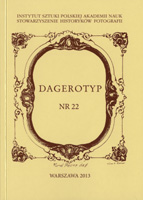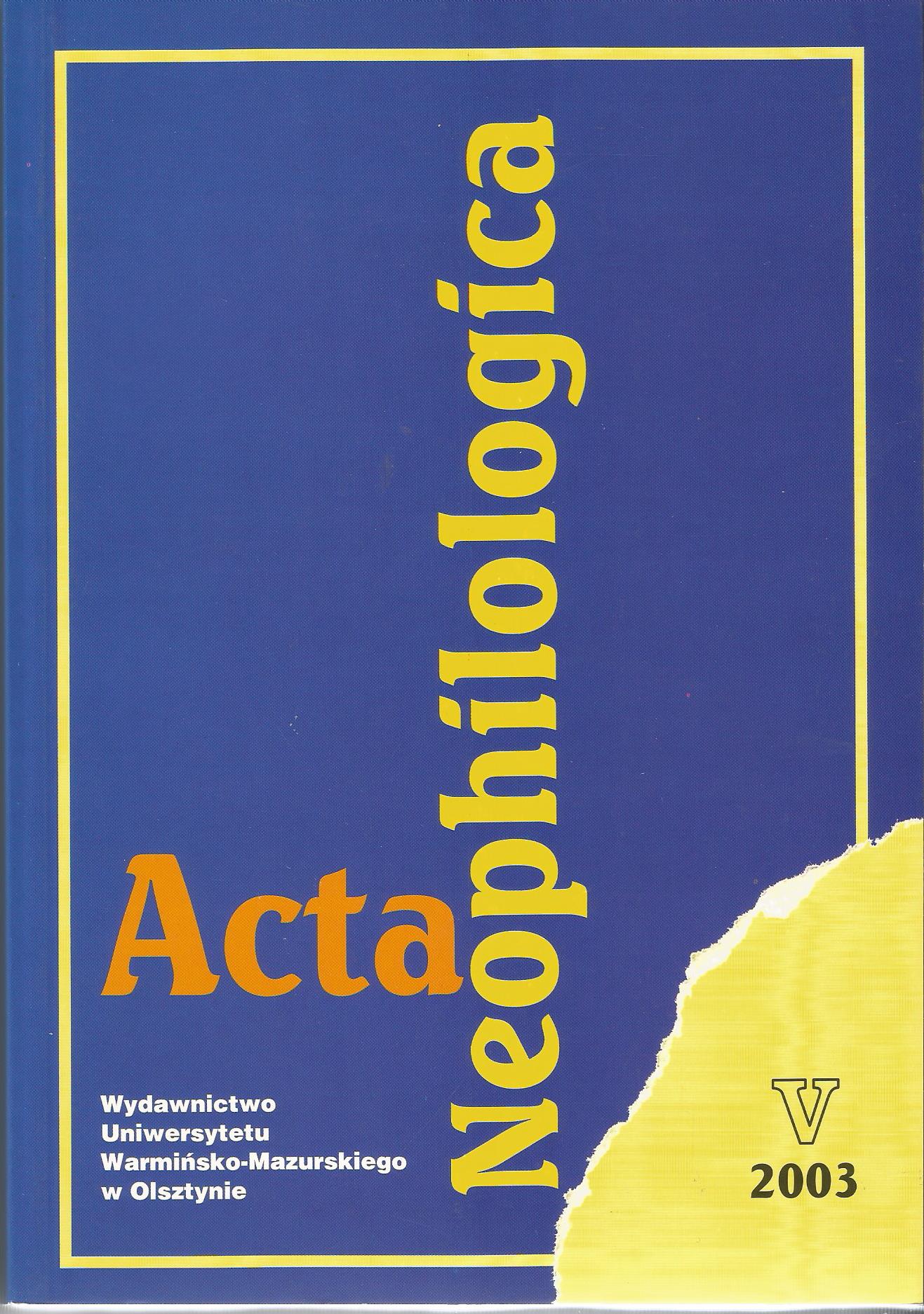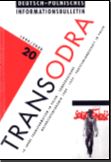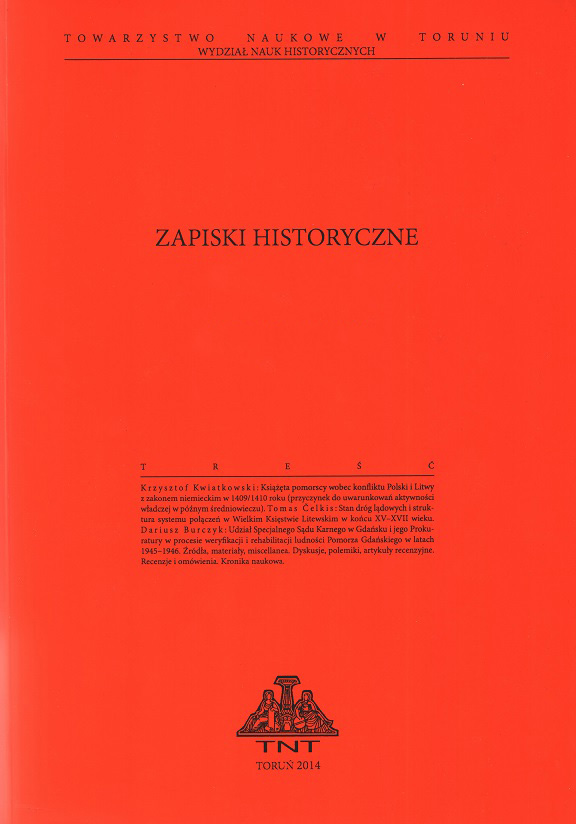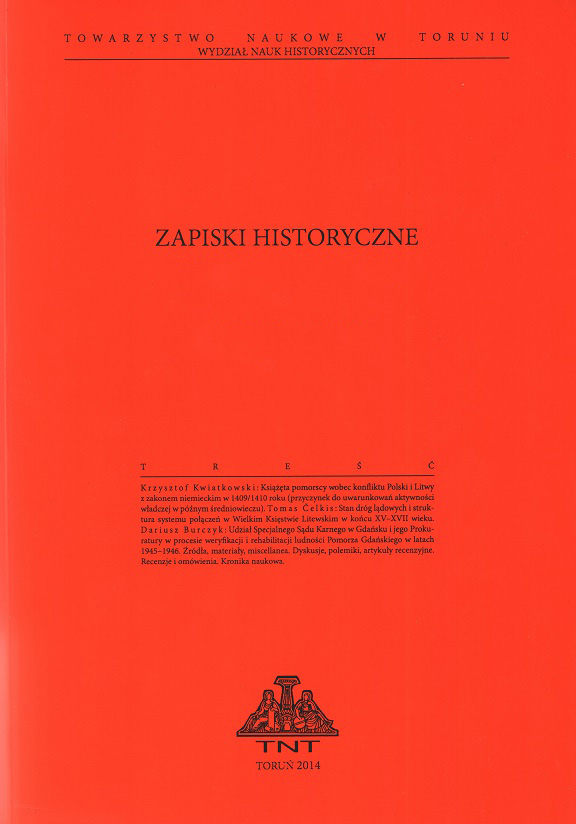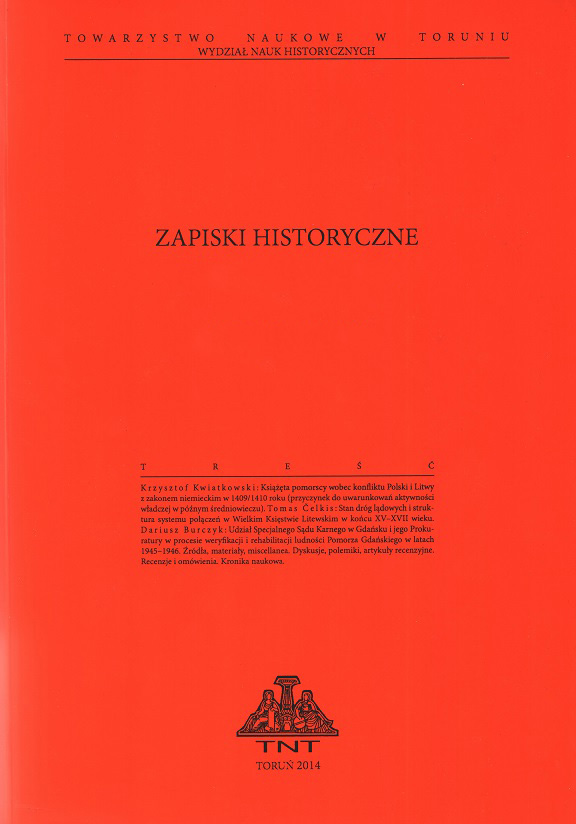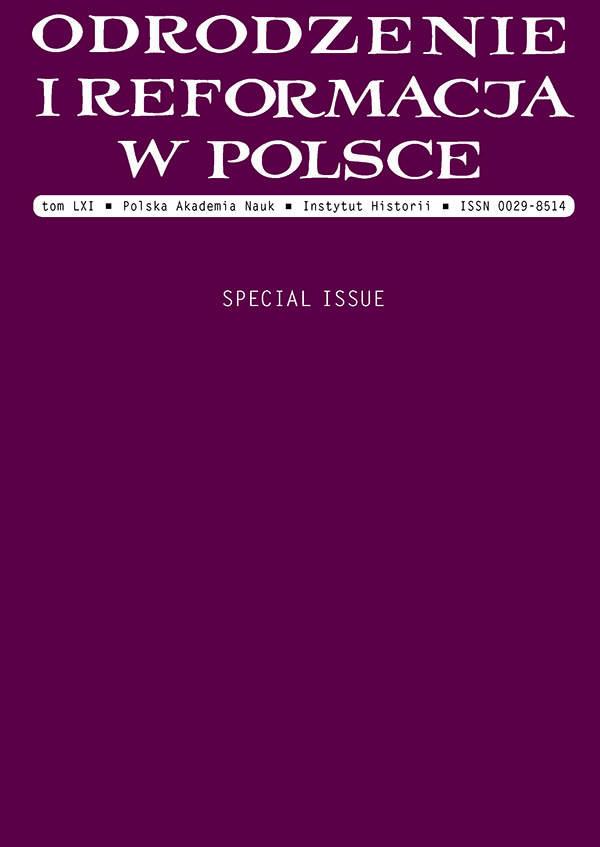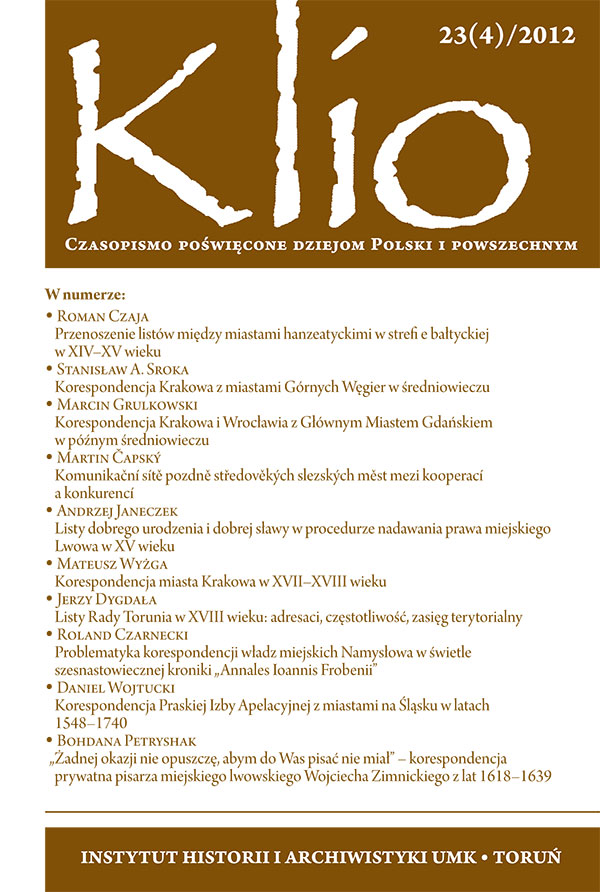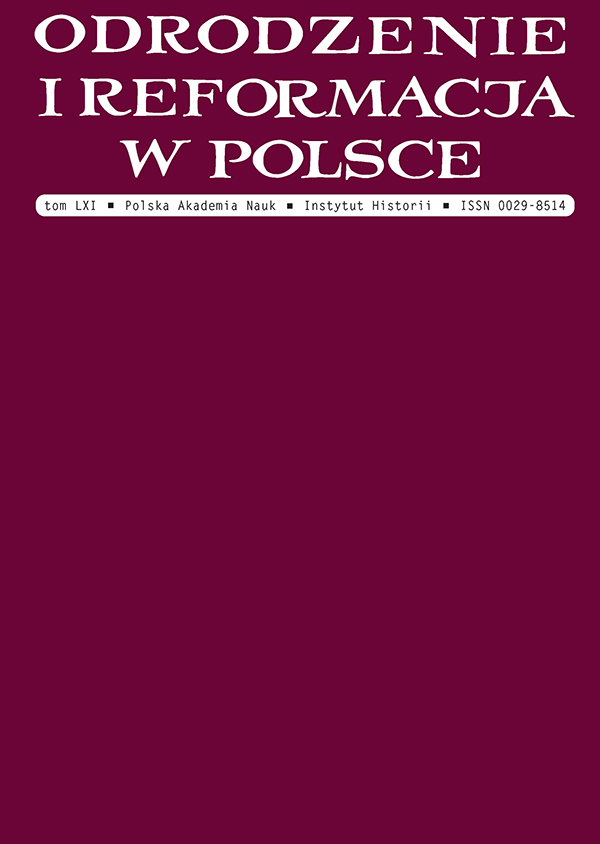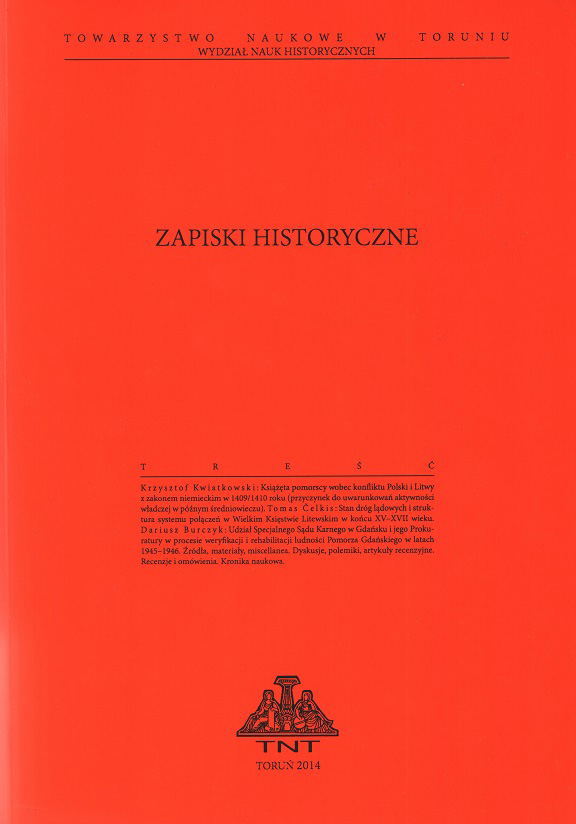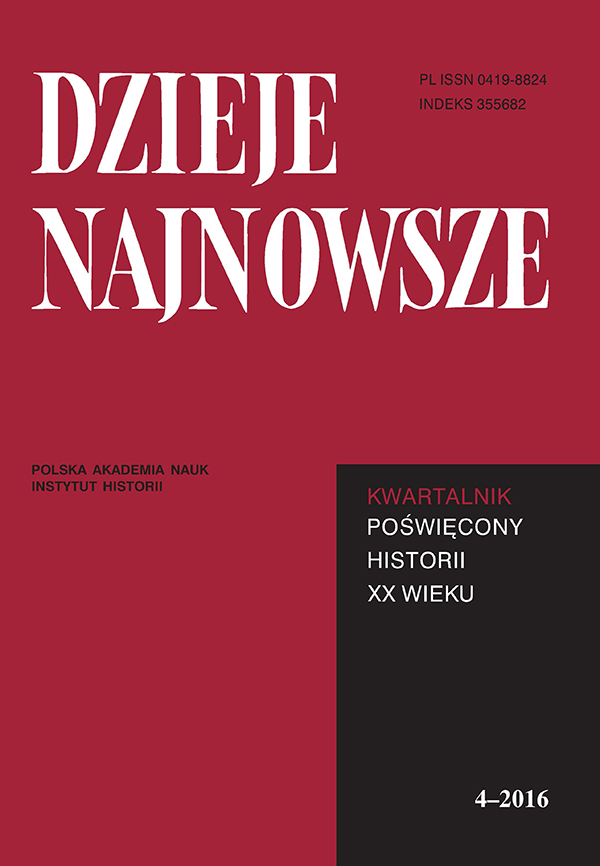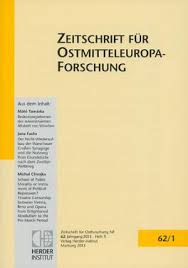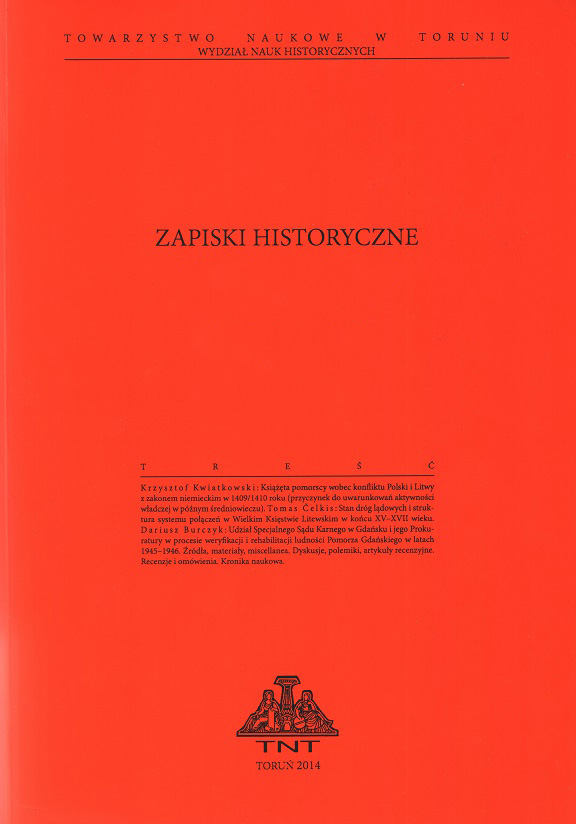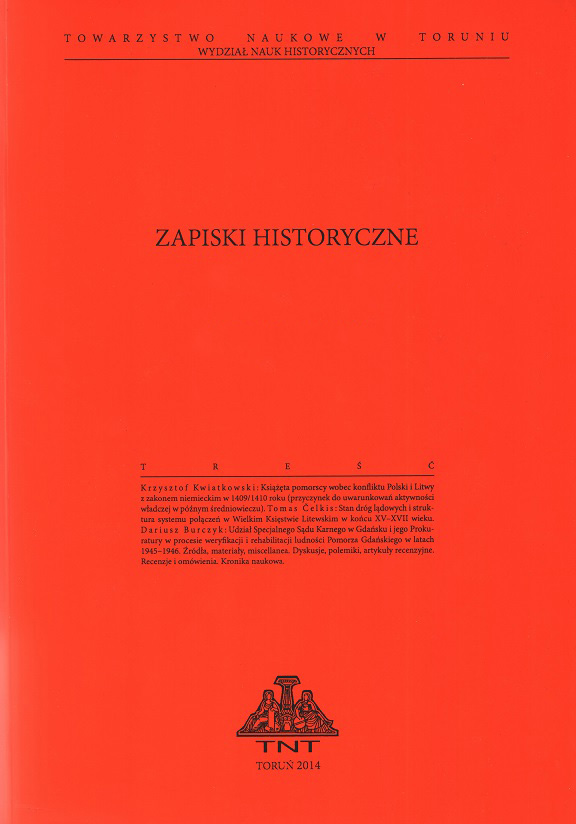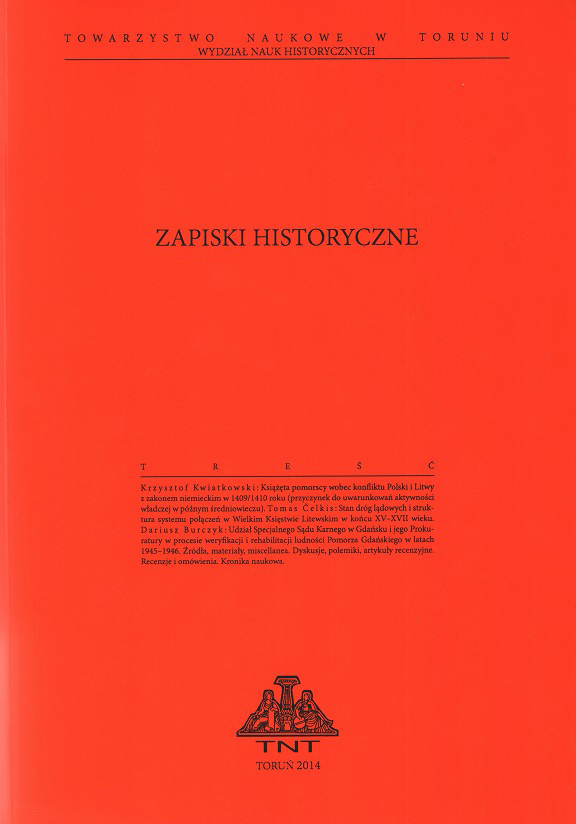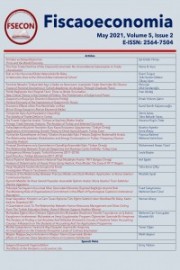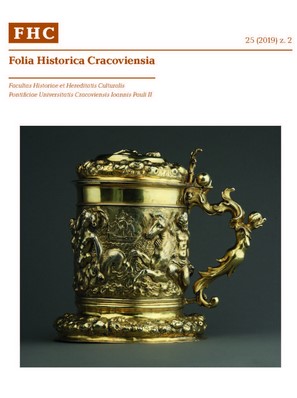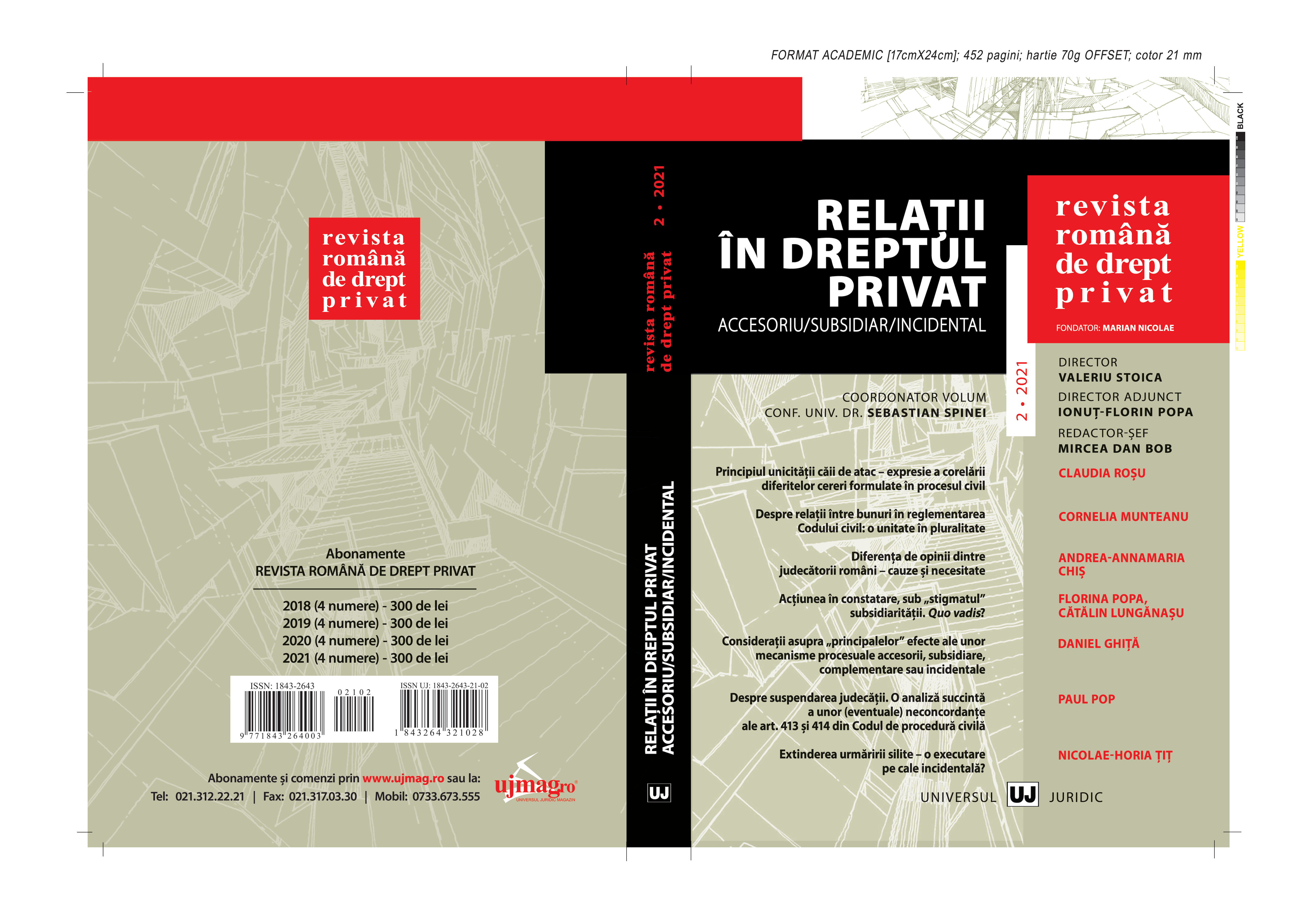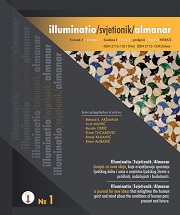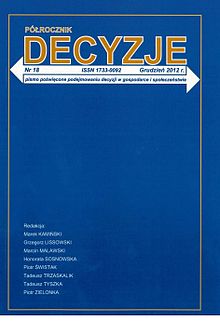
COGNITIVE DISPOSITIONS INFLUENCING JUDGES’ SENTENCING DECISIONS
SKŁONNOŚCI POZNAWCZE SĘDZIEGO WPŁYWAJĄCE NA WYSOKOŚĆ WYMIERZONEJ KARY
Keywords: law and psychology; rationality; judicial decision making, judicial sentencing decision; severity of punishment; heuristics; prospect theory; forensic psychology; court and judges
The paper presents the literature review on judicial decision making process and focuses particularly on sentencing decisions. The first paragraph has been devoted to legal directives that should inform the judge decisions about the decision weight of particular perpetrator/offence features in sentencing. Whatsoever the system of sentencing is immensely complicated even for judges: the defi nitions of the above mentioned directives seem to be fundamentally contentious and it remains obscure how much weight is and should be given to each of them. This situation makes different judges give different sentences for the same offence. Furthermore, the judicial practice reveals some turns-out-to-be aggravating factors that should never be taken into consideration in sentencing. Thus, in the same paragraph, the authors present methods which may help to identify the true factors and their weight in sentencing process. In the second paragraph the authors discuss the influence of judges’ cognitive dispositions (deeply rooted in psychophysics as well in heuristic reasoning) on sentencing decisions. The roles of Weber’s law and anchoring heuristic have been highlighted. Finally a discussion follows on the influence of dispositions rooted in Prospect Theory on parties’ propensity toward reaching a compromise even before the trial
More...
